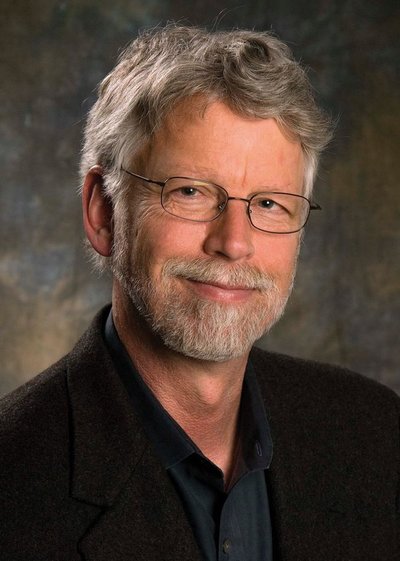May 31, 2007
James Gregory
While the city of Seattle today enjoys a reputation as a livable,friendly and politically correct metropolis, as recently as 1966 racially segregated schools and neighborhoods were de rigueur. The work of James Gregory, professor of history, and his students, has brought this issue and others to the Internet, so audiences can learn from the past and gain a better understanding of our city’s struggles.
The Seattle Civil Rights and Labor History Project, www.civilrights.washington.edu, has been in existence for about two years and grew out of Gregory’s undergraduate teaching. It shows the multiracial history of civil rights activism in the Pacific Northwest and explores the relationship between civil rights and labor struggles of the 20th century.
Through streaming video interviews, access to rare publications, documentary images, movement histories and personal biographies, the multimedia Web site brings Seattle’s role in racial and civil rights into the limelight. The site has even helped to change Washington state law.
Not a bad project for someone who had to learn HTML on the fly in order to make good on his promise to his classes that he would create a Web site where his students, including undergraduates, who often don’t have many outlets to publish their research, could post their papers.
Of course, Gregory, who serves as project director, is quick to give much of the credit to the success of the Seattle Civil Rights and Labor History Project Web site to his students, whose work is accessed by thousands of site visitors.
Rights advocates, legislators, Seattle Police Department officials, students and history buffs alike have all tapped into Gregory’s latest online project, his fifth in as many years, to better understand Seattle’s history and use it as an educational tool. His colleagues and students say it has brought tremendous visibility to the UW and provides the most complete set of resources about civil rights struggles for any city outside the South.
“Moreover, the impact of his project reaches beyond the UW,” says Alex Morrow, a doctoral candidate in history. “In 2005, students amassed a collection of 400 racially restrictive covenants and deed restrictions and posted them on the site. This collection attracted the attention of journalists in Seattle and eventually the state Legislature, which passed a law facilitating the elimination of segregationist language from homeowner contracts.”
Gregory says being the recipient of the James D. Clowes Award for the Advancement of Learning Communities is a double honor.
“I knew Jim Clowes (who taught in the UW’s Comparative History of Ideas program and died of cancer in 2004) and know how much he inspired students and faculty alike, so to win an award bearing his name is incredibly meaningful,” he says. “This project has helped serve communities and is an example of how a little history can matter –when it shows people something about their communities that hadn’t been understood before.”
Lorraine McConaghy, historian with Seattle’s Museum of History & Industry, says the Seattle Civil Rights and Labor History Project is a powerful tool that illustrates Gregory’s genuine commitment to providing a scholarly resource for the broader community.
“I have demonstrated the features of Jim’s Web site to audiences as diverse as middle school teachers, Elderhostel students and researchers, and all were moved by the Web site’s powerful content and impressed by its accessibility,” she says. “The site’s rich archive of primary materials, thoughtful interpretations and clever interactivity comprise a rare combination.”
The 100 undergraduate and graduate students who have participated in historical research projects have a place to post their papers, thanks to Gregory.
“Just as we seek to portray local actors as agents of history, we also treat students as producers of knowledge instead of just consumers,” Gregory adds.
“Students have produced most of this project’s content, and their excitement has transformed our teaching and made us appreciate the great potential for public humanities projects to transform undergraduate learning

